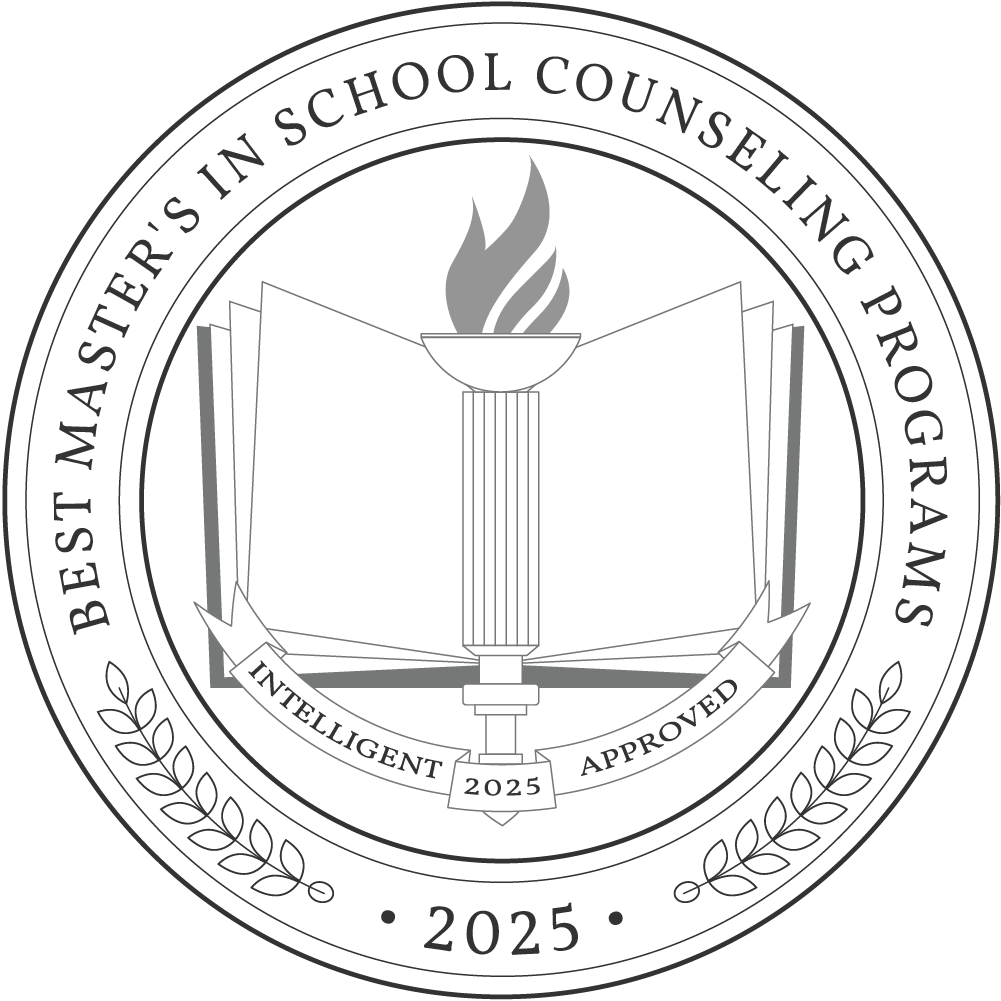A master’s in school counseling degree program equips students with the skills to support the academic, social, and emotional development of students in educational settings. Graduates can pursue roles such as a school or career counselor, with an average salary ranging from $38,280 to $98,530 per year, as reported by the Bureau of Labor Statistics. Typically completed in two to three years, the program’s average cost varies but falls within the range of $12,000 to $30,000, as per the National Center for Education Statistics. Typically, public schools are more inexpensive than private institutions. Explore these top programs to embark on a rewarding career shaping the future of students in educational institutions.
Why Trust Us
The Intelligent.com Higher Education Team is dedicated to providing students with independent, equitable school and program rankings and well-researched resources. Our expert-driven articles cover topics related to online colleges and programs, paying for school, and career outlooks. We use data from the U.S. Department of Education’s College Scorecard, the National Center for Education Statistics, and other reputable educational and professional organizations. Our academic advisory team reviews content and verifies accuracy throughout the year for the most current information. Partnerships do not influence rankings or editorial decisions.
- Analyzed over 2,000 national, accredited, and nonprofit colleges and universities
- 800+ rankings pages are reviewed and updated yearly
- Content is informed by reputable sources, surveys, and interviews with academic advisors and other experts
- Over 100 data points are reviewed for accuracy and quality throughout the year, including sources
How we rank schools
Our list features the best School Counseling degree programs at top colleges nationwide. Each school featured is a nonprofit, accredited institution — either public or private — with a high standard of academic quality for post-secondary institutions.
We evaluated each school’s program on tuition costs, admission, retention and graduation rates, faculty, reputation, and the student resources provided for online students. We collected data from trusted sources like the National Center for Education Statistics, individual school and program websites, school admissions counselors, and other data sources. Then, we calculated the Intelligent Score on a scale of 0 to 100 based on the following criterion:
Academic Quality:
- Admission rate versus enrollment rate
- Retention rate of students who return after year one
- Accreditation status (regional and programmatic)
- Nonprofit status, both private and public institutions
Graduation Rate
- Overall graduation rate
- Total number of currently enrolled students, including diversity metrics
- Student-to-faculty ratio
Cost and ROI
- In-state and out-of-state per-credit tuition rates and fees
- Required credits to graduate
- Earning potential after graduation
- Availability of federal student loans, scholarships, and other financial aid options
Student Resources
- Available student services for online-only and hybrid programs
- On-campus amenities like tutoring centers and the number of libraries
Read more about our ranking methodology.
Best 21 Accredited Master’s in School Counseling Degree Programs
FiltersInstitution Type
Status
- Intelligent Score
- Alphabetically By University Name
- Acceptance Rate
- Enrollment
- In-state Graduate Tuition
- Out-of-state Graduate Tuition
- In-state Undergraduate Tuition
- Out-of-state Undergraduate Tuition
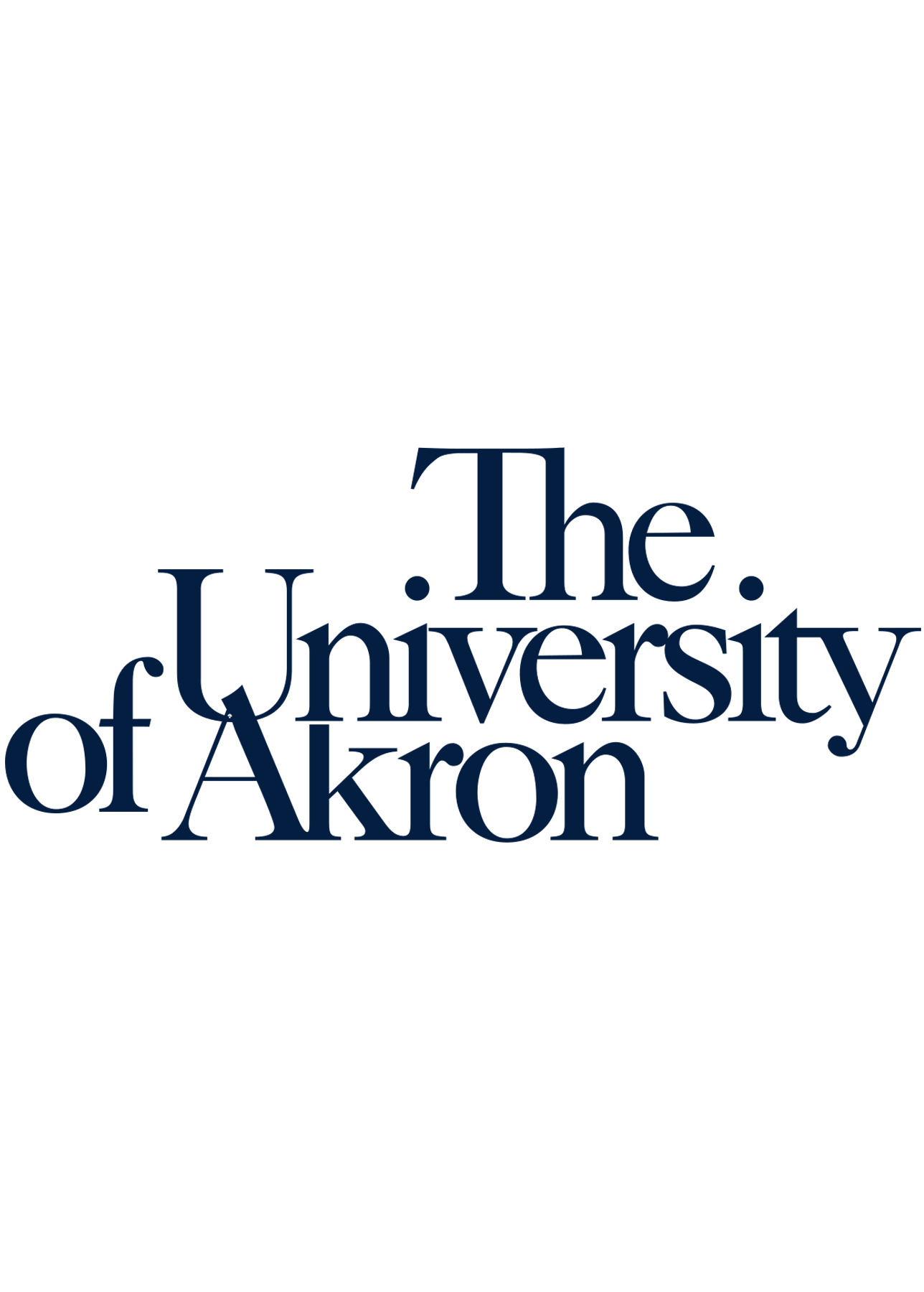
University of Akron
Intelligent Score: 99.59In-state: $9,596
Out-of-state: $15,500
In-state: $8,306
Out-of-state: $8,306
SAT: 990-1230
ACT: 19-25
$336
On-Campus
Council for Accreditation of Counseling and Related Educational Programs
60

UF College of Education
Intelligent Score: 98.03In-state: $4,477
Out-of-state: $25,694
In-state: $10,770
Out-of-state: $10,770
SAT: 1290-1460
ACT: 29-33
In-State: $530
Out-of-State: $1,255
On-Campus
Council for Accreditation of Counseling and Related Educational Programs
72

Adams State University
Intelligent Score: 97.23In-state: $5,856
Out-of-state: $17,592
In-state: $7,830
Out-of-state: $7,830
SAT: 890-1090
ACT: 17-22
Resident: $280
Non-Resident: $444
On-Campus, Online
Council for Accreditation of Counseling and Related Educational Programs
60

Wilmington University
Intelligent Score: 96.88In-state: $11,430
Out-of-state: $11,430
In-state: $8,784
Out-of-state: $8,784
SAT: N/A
ACT: N/A
$524
On-Campus
Council for the Accreditation of Educator Preparation
51
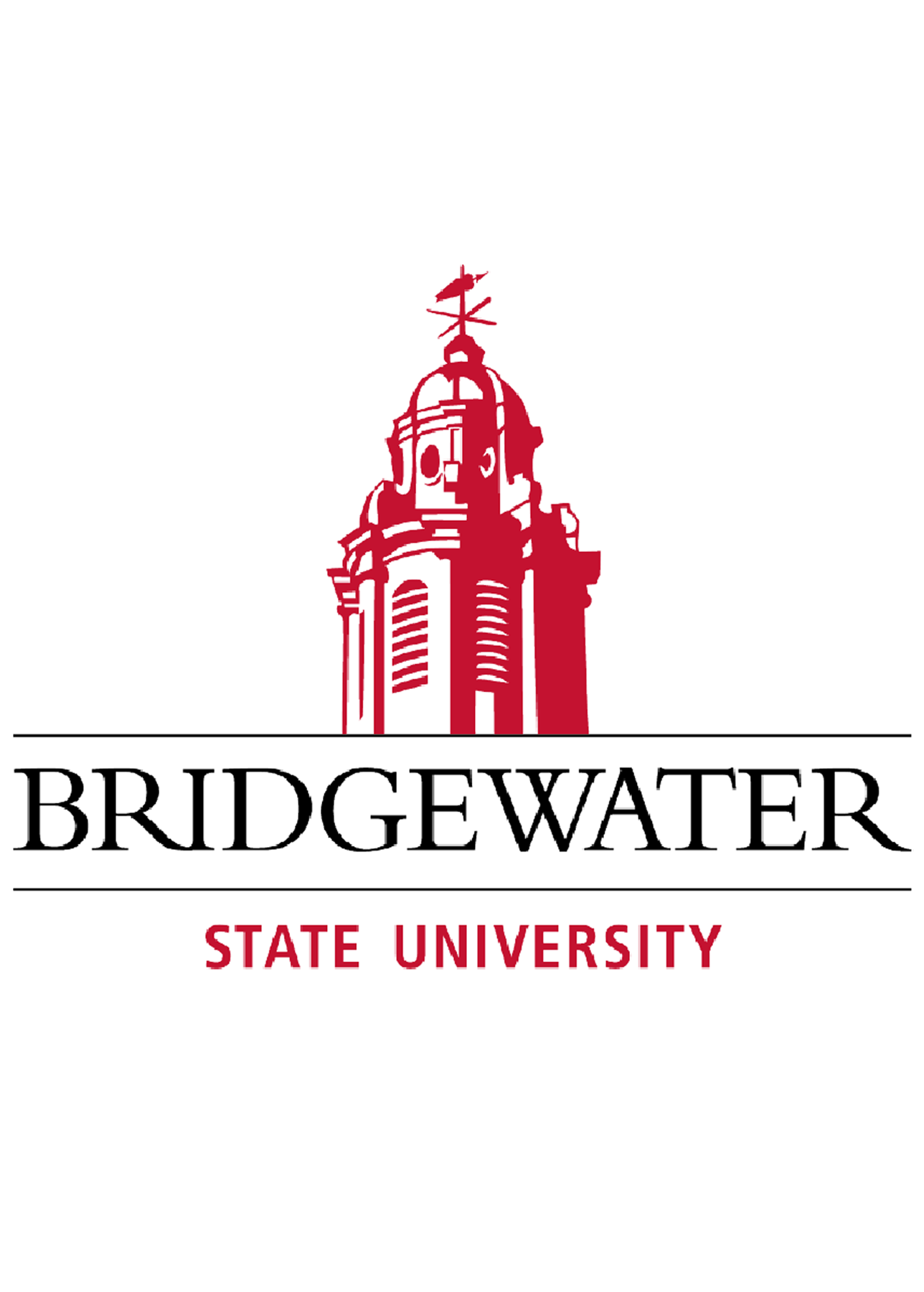
Bridgewater State University
Intelligent Score: 96.14In-state: $910
Out-of-state: $7,050
In-state: $1,675
Out-of-state: $1,675
SAT: 950-1140
ACT: 19-26
$502
On-Campus
Council for Accreditation of Counseling and Related Educational Programs
51-60
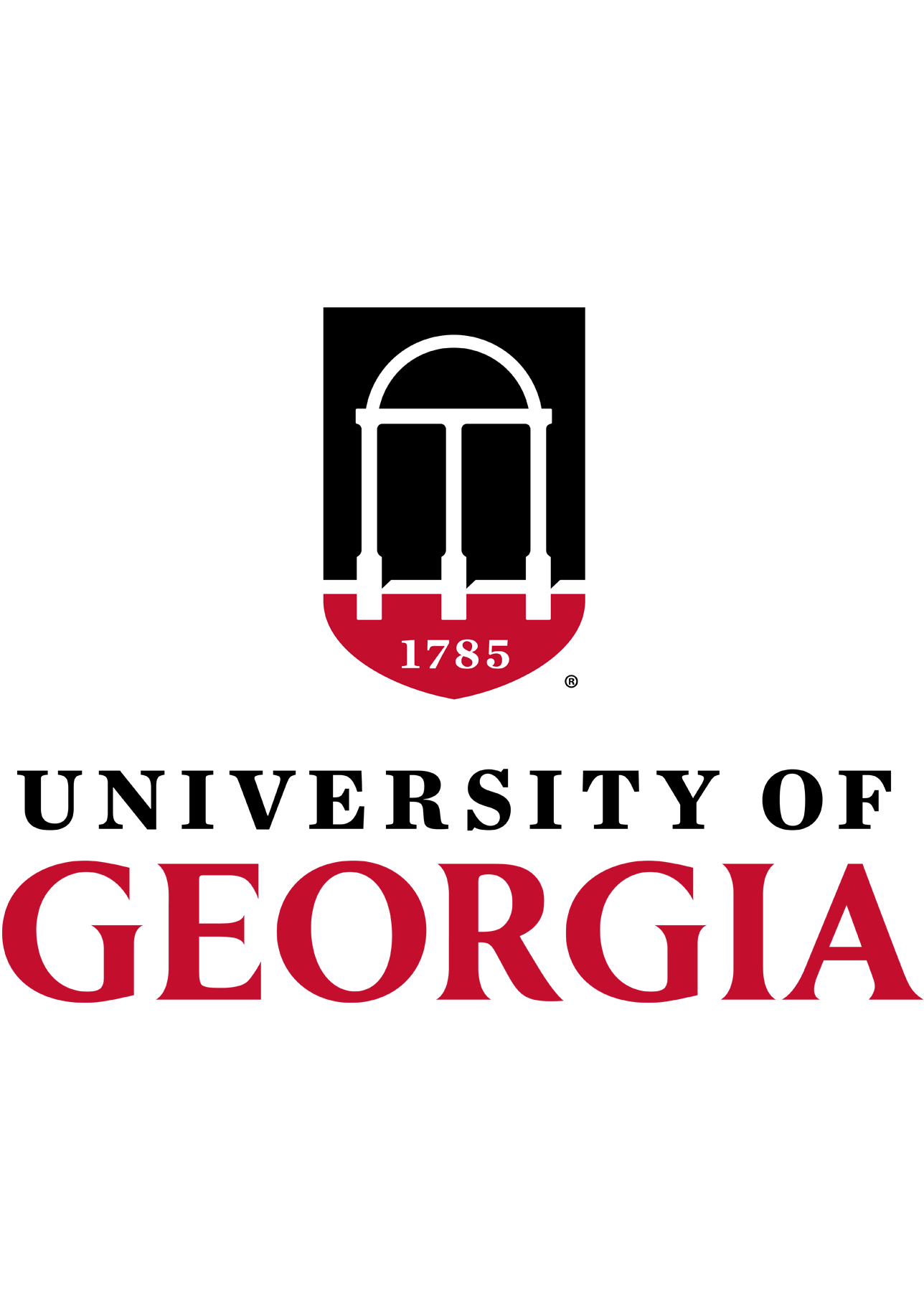
University of Georgia
Intelligent Score: 95.62In-state: $9,790
Out-of-state: $28,830
In-state: $8,878
Out-of-state: $8,878
SAT: 1250-1460
ACT: 29-33
Resident: $417
Non-Resident: $1,082
On-Campus
Council for Accreditation of Counseling and Related Educational Programs
66

Florida Atlantic University
Intelligent Score: 94.12In-state: $2,522
Out-of-state: $14,374
In-state: $5,467
Out-of-state: $5,467
SAT: 1060-1220
ACT: 21-26
Resident: $371
Non-Resident: $1,026
On-Campus
Council for Accreditation of Counseling and Related Educational Programs
60
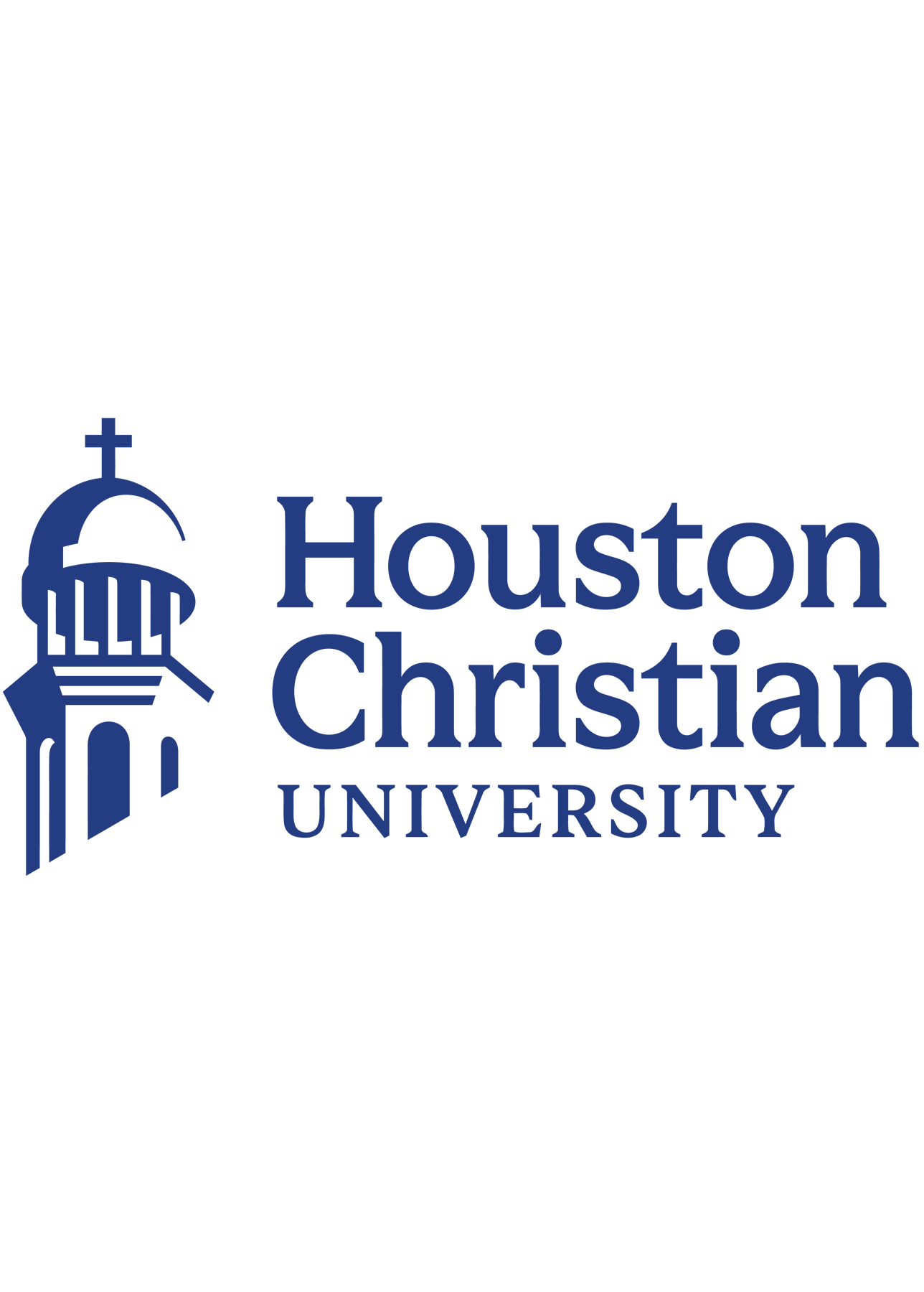
Houston Christian University
Intelligent Score: 92.63In-state: $32,350
Out-of-state: $32,350
In-state: $10,350
Out-of-state: $10,350
SAT: 1000-1180
ACT: 20-25
$575
On-Campus, Online
Southern Association of Colleges and Schools Commission on Colleges
48-60

College of William and Mary
Intelligent Score: 91.9In-state: $17,168
Out-of-state: $40,089
In-state: $10,516
Out-of-state: $10,516
SAT: 1300-1490
ACT: 30-34
In-State: $707
Out-of-State: $1,956
On-Campus, Online
Council for Accreditation of Counseling and Related Educational Programs
60

Ohio State University
Intelligent Score: 91.68In-state: $10,615
Out-of-state: $32,599
In-state: $11,560
Out-of-state: $11,560
SAT: 1210-1430
ACT: 26-32
In-State: $789
Out-of-State: $1,733
On-Campus
Higher Learning Commission
60

University of Maryland
Intelligent Score: 90.86In-state: $8,824
Out-of-state: $34,936
In-state: $13,158
Out-of-state: $13,158
SAT: 1270-1480
ACT: 30-34
Resident: $828
Non-Resident: $1,805
On-Campus
Association for Advancing Quality in Educator Preparation
60
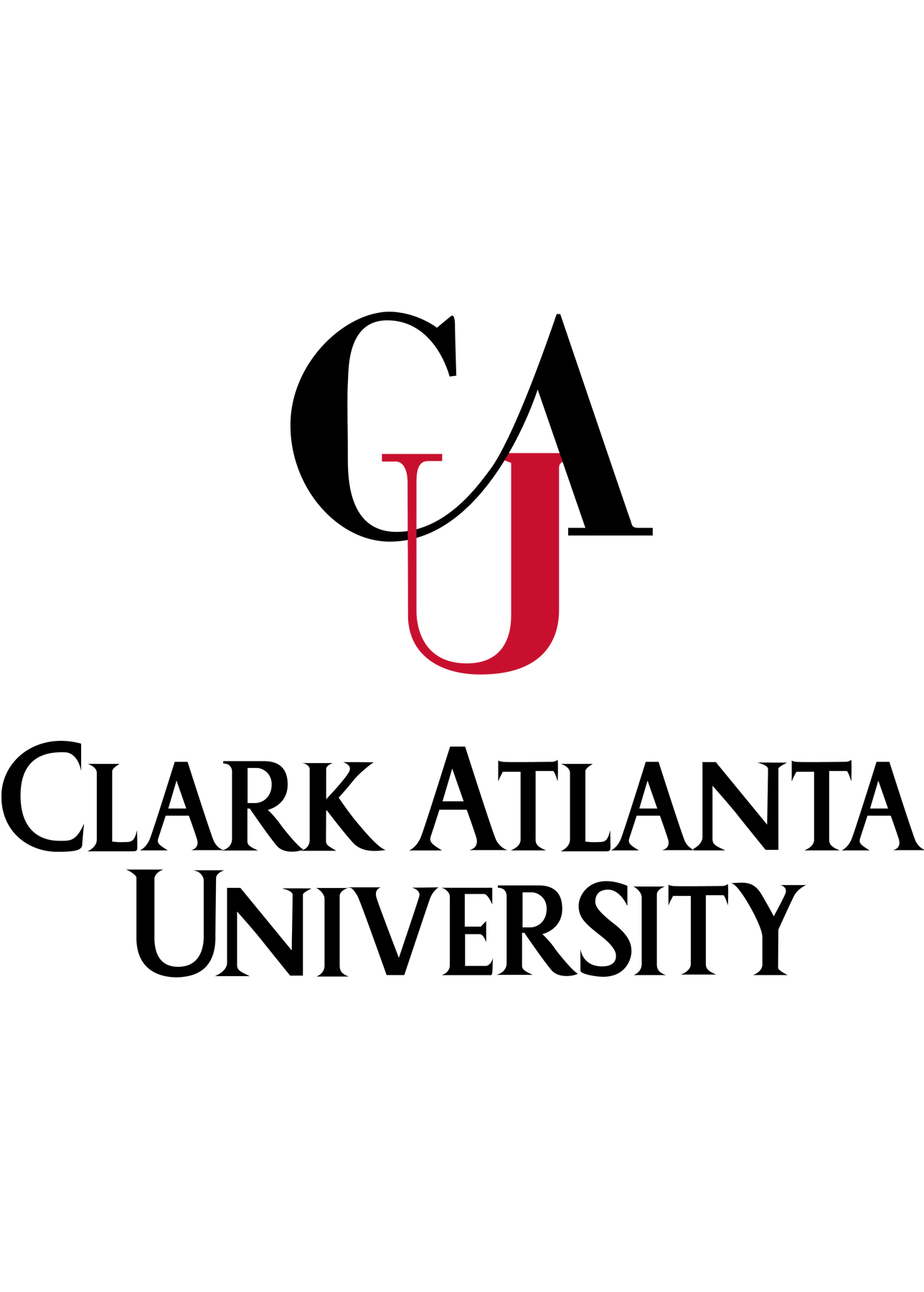
Clark Atlanta University
Intelligent Score: 90.65In-state: $18,990
Out-of-state: $18,990
In-state: $14,814
Out-of-state: $14,814
SAT: 880-1040
ACT: 17-20
$951
On-Campus
Council for Accreditation of Counseling and Related Educational Programs
60
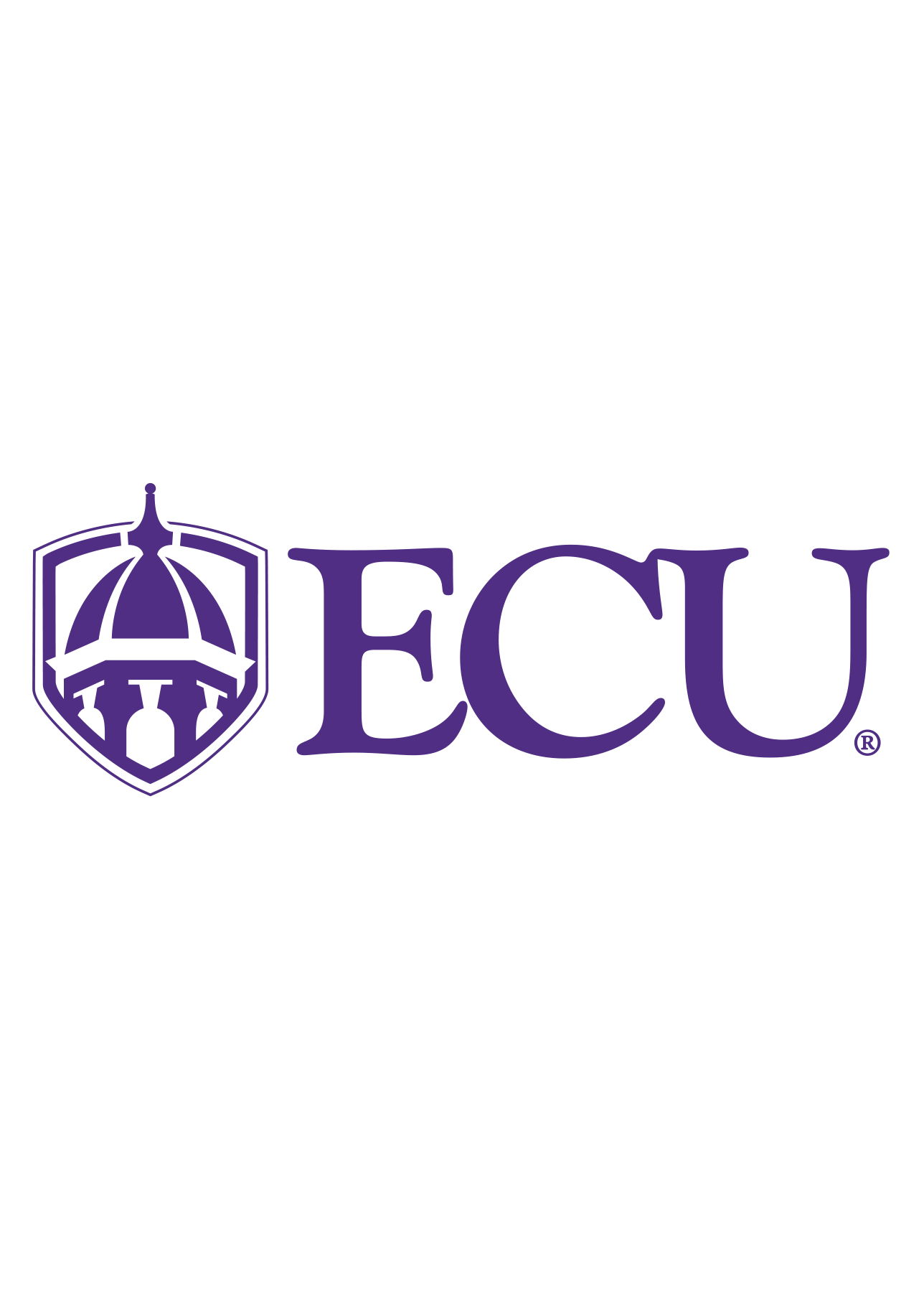
East Carolina University
Intelligent Score: 90.17In-state: $4,452
Out-of-state: $20,729
In-state: $4,749
Out-of-state: $4,749
SAT: 1020-1170
ACT: 19-24
Resident: $329
Non-Resident: $767
On-Campus
Council for Accreditation of Counseling and Related Educational Programs
60

Boston College
Intelligent Score: 89.56In-state: $59,050
Out-of-state: $59,050
In-state: $31,824
Out-of-state: $31,824
SAT: 1330-1500
ACT: 31-34
$1,688
On-Campus, Hybrid
Master's in Psychology and Counseling Accreditation Council
48

Fort Hays State University
Intelligent Score: 89.22In-state: $4,140
Out-of-state: $14,580
In-state: $3,726
Out-of-state: $3,726
SAT: N/A
ACT: N/A
$330
On-Campus
Council for the Accreditation of Educator Preparation
48

North Carolina State University at Raleigh
Intelligent Score: 88.55In-state: $6,535
Out-of-state: $26,654
In-state: $9,095
Out-of-state: $9,095
SAT: 1230-1410
ACT: 27-32
Resident: $525
Non-Resident: $1,635
On-Campus, Online
Council for Accreditation of Counseling and Related Educational Programs
60
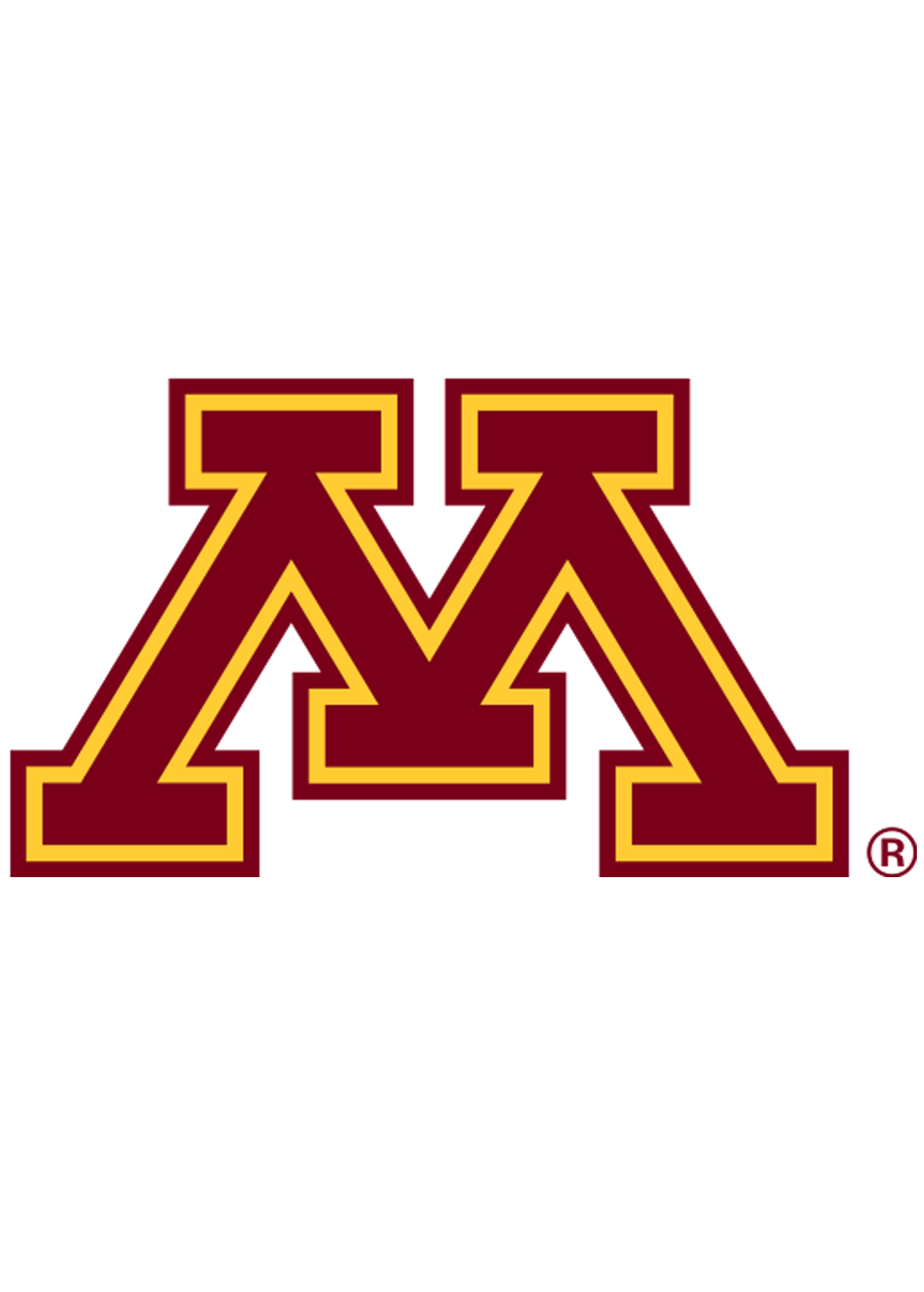
University of Minnesota
Intelligent Score: 84.64In-state: $13,318
Out-of-state: $31,616
In-state: $17,580
Out-of-state: $17,580
SAT: 1240-1460
ACT: 25-31
Resident: $1,593
Non-Resident: $2,465
On-Campus
American Psychological Association
60

Liberty University
Intelligent Score: 83.91In-state: $14,791
Out-of-state: $14,791
In-state: $7,935
Out-of-state: $7,935
SAT: 1040-1250
ACT: 21-29
$545
On-Campus, Online
Council for Accreditation of Counseling and Related Educational Programs
36-40
How to Choose a Master’s in School Counseling Program
Choose your area of study
When considering your area of study for a master’s degree in school counseling, reflect on your passion for helping students navigate academic, social, and emotional challenges. Explore specializations such as elementary, middle, or high school counseling, each focusing on specific developmental stages and needs. Consider your strengths, interests, and career goals to determine the best fit. In addition, consider whether you prefer working in public or private schools and urban or rural settings to align your area of study with your desired professional environment.
Research schools and programs
Researching schools and programs is crucial for finding the best fit. Start by compiling a list of accredited institutions offering this degree. Evaluate each program’s curriculum, faculty expertise, and accreditation status. Look into student support services, internship opportunities, and job placement rates. Consider factors like location, program format (online or on-campus), and tuition costs. Review testimonials from current and former students to gauge satisfaction and outcomes. Connect with admissions counselors and faculty members to gain insights into each program’s strengths and determine which aligns best with your academic and career goals.
Prepare for tests and applications
Preparing for tests and applications involves careful planning and diligence. Begin by familiarizing yourself with each program’s admission requirements, which typically include transcripts, recommendation letters, a statement of purpose, and possibly standardized test scores such as the GRE. Take time to study for any required exams and aim to showcase your academic abilities and commitment to the field in your application materials. If necessary, look for tutors or others who can help you study for any tests required. Seek guidance from mentors or admissions counselors, and ensure all materials are submitted before the deadline to maximize your chances of acceptance.
Select your program
When it’s time to select your program, consider factors that you have researched, such as accreditation, program format, specialization options, and faculty expertise. Evaluate each program’s curriculum to ensure it aligns with your career goals and interests. Consider whether you prefer an online or on-campus program, and explore any unique features, such as internship or research opportunities. Weigh factors like location, program reputation, and your chosen school’s alumni network. Ultimately, select a program that offers the resources and support you need to succeed in your career as a school counselor.
Determine how you’ll pay for your degree
Determining how to finance your master’s degree requires careful consideration of funding options. Research scholarships, grants, and assistantships specific to your field of study. Complete the Free Application for Federal Student Aid (FAFSA) to explore federal financial aid opportunities such as loans and work-study programs. Investigate institutional scholarships and tuition reimbursement programs offered by employers. Consider part-time employment or online work opportunities to supplement your income. Develop a budget and explore payment plans to manage expenses effectively. By exploring multiple avenues of funding, you can make pursuing your master’s program financially feasible.
What Can You Expect From a Master’s in School Counseling Program?
In a master’s in school counseling program, students can expect to gain a comprehensive understanding of counseling theories, techniques, and practices tailored specifically to the educational environment. Students learn to address the academic, social, and emotional needs of students through coursework covering topics such as child and adolescent development, counseling ethics, crisis intervention, and career counseling.
Typically completed in two to three years of full-time study, the program may require supervised practicum experiences in school settings to enable students to apply theoretical knowledge in real-world scenarios. Additionally, some programs may incorporate in-person labs, residencies, or internship requirements to provide hands-on training and networking opportunities.
Graduates emerge equipped to support students’ academic success, personal growth, and social-emotional well-being in diverse educational settings, prepared to pursue licensure and certification as professional school counselors.
Potential courses you’ll take in a master’s in school counseling degree program
- Child and Adolescent Development. This course explores theories and research related to the cognitive, social, emotional, and physical development of children and adolescents. Topics may include developmental milestones, attachment theory, identity formation, and factors influencing development, such as culture and environment.
- Counseling Techniques for School Counselors. This course provides instruction on various counseling techniques for school settings. Students learn how to establish rapport with students, conduct assessments, and implement evidence-based counseling strategies. Emphasis is placed on developing communication skills, active listening, empathy, and culturally responsive practices to address the diverse needs of students in schools.
- School Counseling Program Development and Evaluation. This course focuses on the design, implementation, and assessment of comprehensive school counseling programs. Students learn to develop program goals, design interventions, and utilize data-driven approaches to evaluate program effectiveness. Topics may include needs assessments, program planning, collaboration with stakeholders, and ethical considerations in program evaluation.
- Multicultural Counseling in Schools. This course examines issues of diversity, equity, and inclusion in the context of school counseling. Students explore cultural competence, privilege, power dynamics, and social justice as they relate to counseling practice. Discussions may cover topics such as cultural identity, intersectionality, and the impact of systemic oppression on students’ academic and socio-emotional experiences.
Master’s in School Counseling Degree Frequently Asked Questions
How do I apply to a master's in school counseling degree program?
To apply for your program, review your chosen institution’s website to determine application requirements. Gather required materials such as transcripts, letters of recommendation, a resume, and a statement of purpose. Many programs require standardized test scores, such as the GRE. Ensure all materials are submitted before the application deadline. Schedule a meeting with an admissions counselor to discuss program specifics, admission requirements, and any questions you may have. Their insights can provide valuable guidance and ensure your application meets all criteria. Taking this step can increase your chances of a successful application and help you navigate the admissions process smoothly.
How much does a master's in school counseling degree cost?
The cost of a master’s in school counseling degree varies depending on factors such as the institution, program format (online or in-person), and location. According to data from the National Center for Education Statistics, tuition for these programs ranges from $12,000 to $30,000. Students should also consider additional expenses such as textbooks, technology fees, and travel costs for in-person residencies or internships. Online programs may offer flexibility but could incur additional technology fees. Accelerated programs may, in some cases, offer tuition cost savings. It’s essential to research each program’s comprehensive cost breakdown and financial aid options to accurately budget for pursuing your master’s program.
How long does it take to earn a master's in school counseling degree?
Earning a master’s in school counseling typically takes two to three years, depending on factors such as enrollment status and program structure. Part-time enrollment may extend the timeline. Online programs may offer more flexibility around completion time, allowing students to pace their studies and potentially complete the degree at a faster or slower rate compared to on-campus programs. The total number of required credits also impacts program length, with some programs requiring around 48 to 60 credits for completion. Prospective students should consider their personal commitments and academic goals when determining the most suitable enrollment status and program format for their master’s in school counseling journey.
Compare School Options
Related Degrees
- Christian Counseling Program
- Organizational Psychology
- Forensic Psychology
- Counseling
- Psychology
- Child Development
- Addictions and Recovery
- Educational Psychology
- Christian Counseling
- Behavioral Psychology
